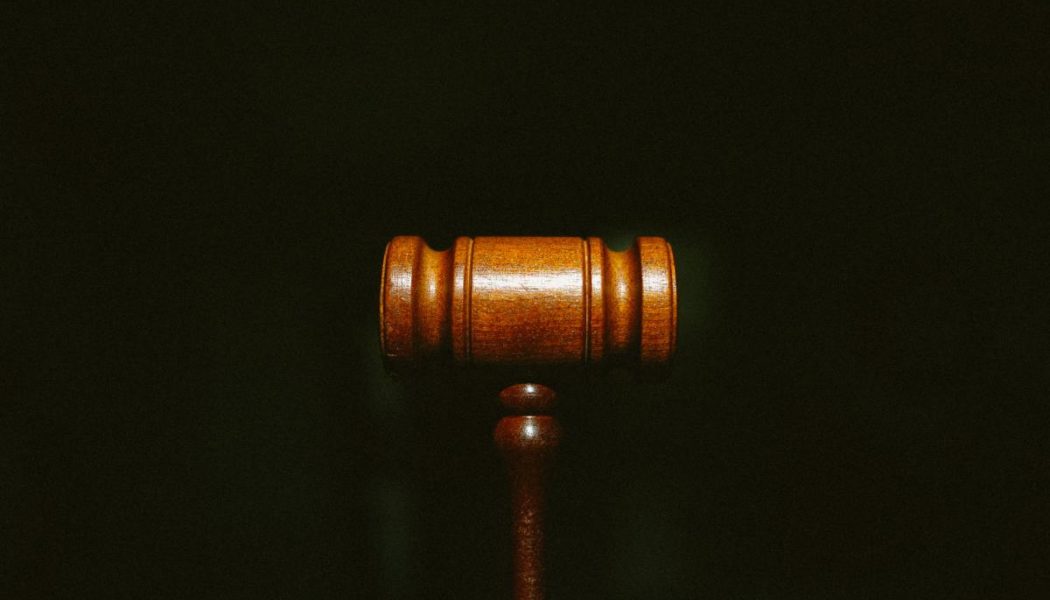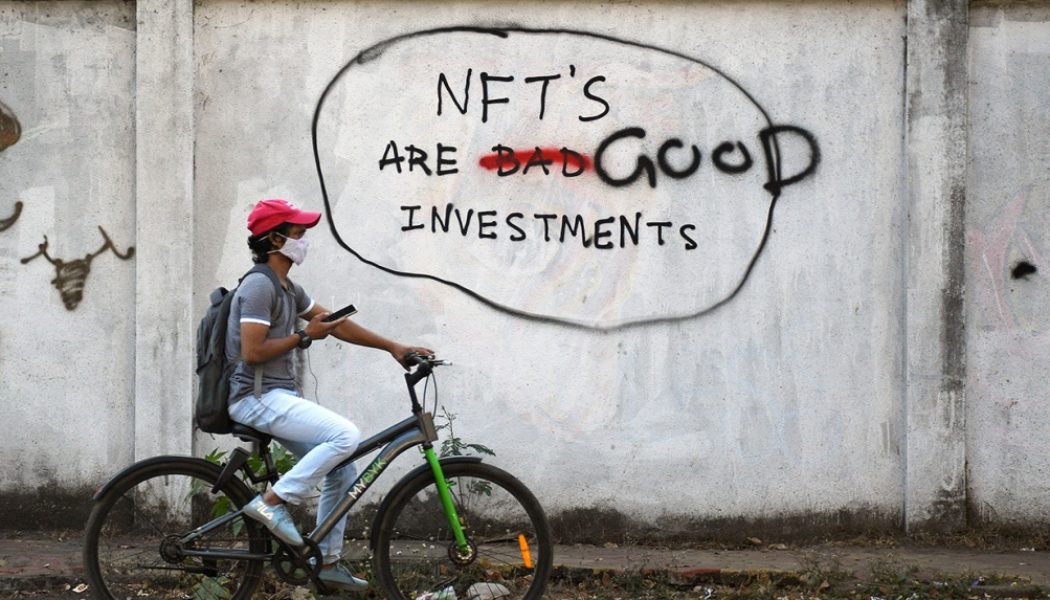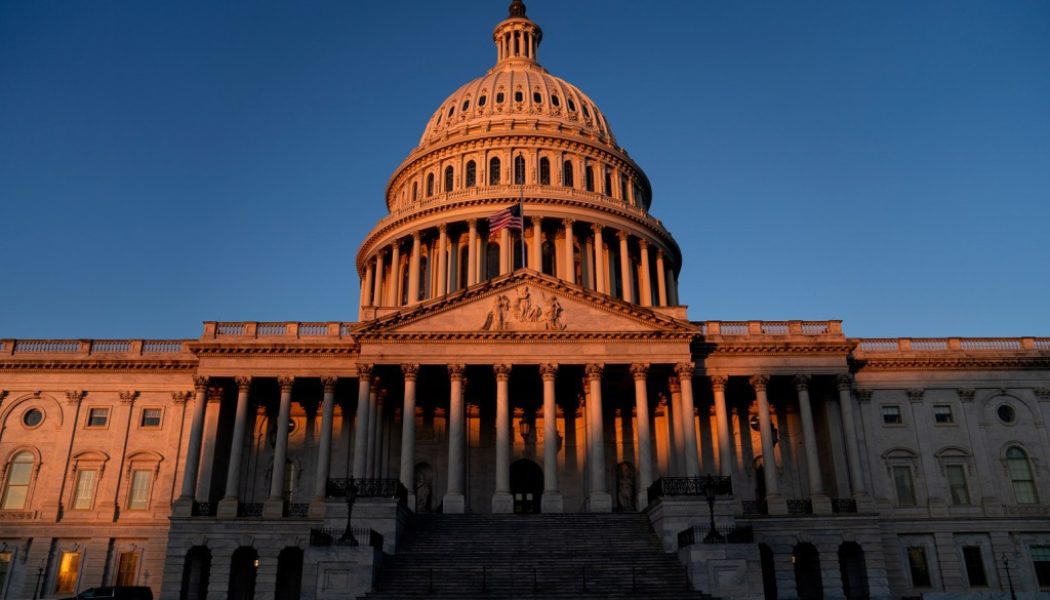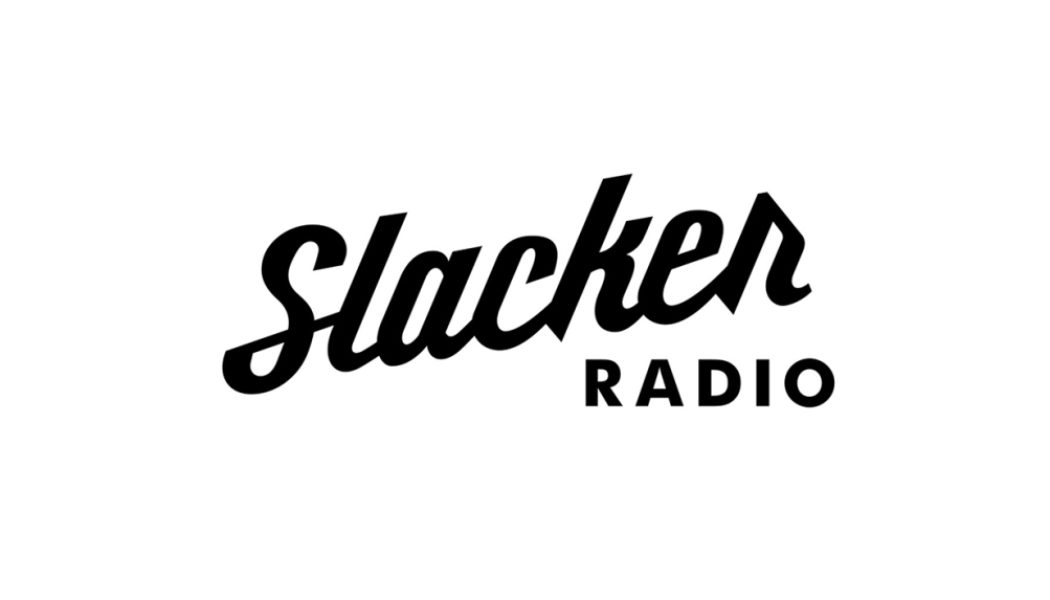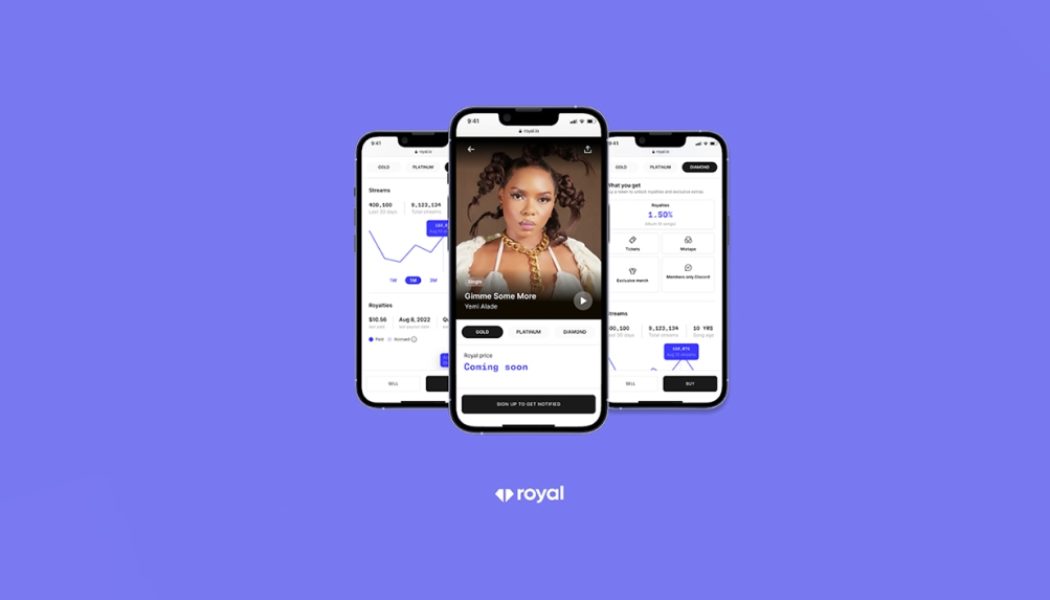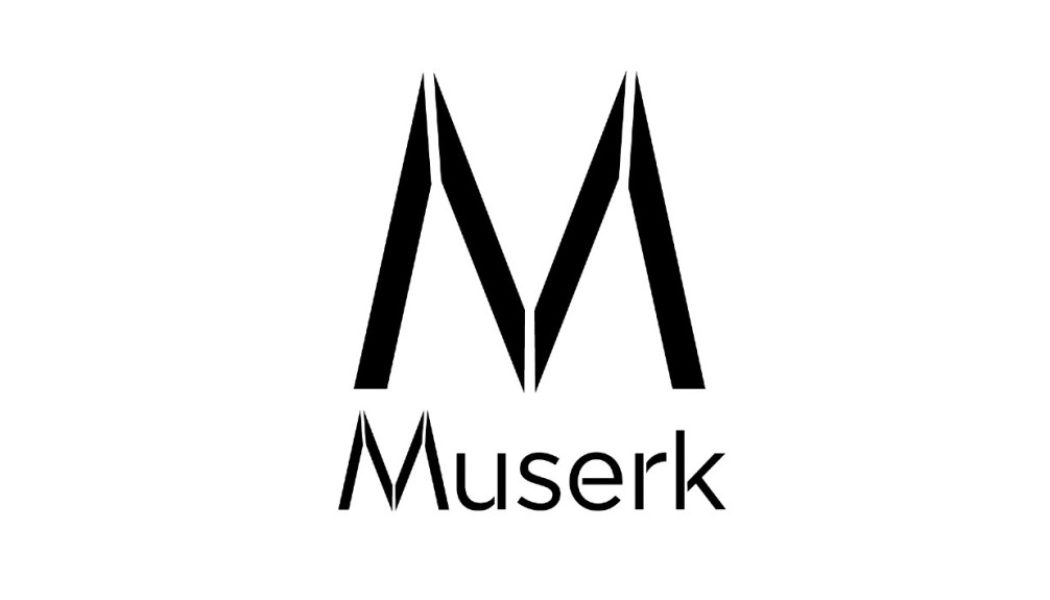Royalties
‘Uptown Funk’ at Heart of New Royalties Lawsuit Against BMG
BMG Rights Management is facing a new lawsuit claiming the publisher has failed to pay royalties from Mark Ronson and Bruno Mars‘ smash hit “Uptown Funk” to the families of late members of the Gap Band who are credited as co-writers on the song. In a complaint filed Thursday in Manhattan federal court, the heirs of Robert and Ronnie Wilson claim that BMG breached a 2015 deal that was inked because “Uptown Funk” incorporated elements of the Gap Band’s 1979 song “I Don’t Believe You Want to Get Up and Dance (Oops Upside Your Head).” “Despite its obligations to account for and pay to plaintiffs their share of all income received from the Uptown Funk musical composition, BMG has refused and failed to provide either the funds due to plaintiffs or an accounting despite plaintiffs’ repeated deman...
’90s Hip-Hop Duo Black Sheep Sues Universal Music Over an Alleged $750M in Unpaid Spotify Stock Royalties
A prominent ’90s hip-hop duo is suing Universal Music Group for withholding royalties tied to what they’re alleging is a “sweetheart” deal the label reached with Spotify in the late 2000s. Filed Wednesday (Jan. 4) in U.S. district court in New York by attorneys representing Andres Titus (Dres) and William McLean (Mista Lawnge), members of the hip-hop duo Black Sheep, the lawsuit claims UMG owes its artists approximately $750 million in royalties deriving from the company’s stock in Spotify. Under a licensing deal they claim UMG and the streaming giant reached in 2008, the label agreed to receive lower royalty payments in exchange for equity in the then-nascent streaming company. But Titus and McLean say the label breached their contract with Black Sheep and other artists by withholding wha...
Copyright Royalty Board Approves Industry-Wide Settlement for 15.35% Royalty Increase
The United States’ Copyright Royalty Board has approved new rates amid a long-standing battle between digital service providers and songwriters, recording artists and music publishers. Known as “Phonorecords IV” or “CRB IV,” the settlement will incrementally increase royalties for over the next five years until it reaches 15.35% in 2027, according to the board’s members. On January 1st, 2023, songwriters and music publishers received a rate of 15.1% of a U.S. streaming service’s revenue. In 2024, it will raise to 15.2% In 2025, it will raise to 15.25% In 2026, it will raise to 15.3% In 2027, it will raise to 15.35% Songwriters and music publishers have long received the short end of the stick, but thanks to support from the NMPA as well as va...
Is Web3’s Promise of Creator Royalties Broken?
While the downfall of FTX and the Crypto Winter that saw NFT sales drop 90% dominated Web3 headlines this year, for many creators there was a bigger issue at play. Their royalties have been under attack, undermining a central promise of Web3 as a sustainable model for musicians. Creator royalties on NFTs ensure that artists get paid a cut of revenue every time their work is sold on a secondary market. As the music NFT market has matured since multi-million dollar sales attracted widespread attention, these royalties have been a central part of the Web3 proposition — presenting musicians with a possible alternative to the major label system and allowing them to generate meaningful revenue over the long term. Only now, that promise is being pulled from under them as several new NFT platforms...
Congressional Bill to Get Artists & Labels Paid for Radio Airplay Clears Critical House Vote
The American Music Fairness Act (AMFA), which would require AM/FM stations to pay performance royalties to music creators and copyright holders for radio airplay in the U.S., just cleared a key hurdle in Congress — though the bill is unlikely to pass before the new session of Congress convenes in January. In a mark-up session on Wednesday (Dec. 7), the House Judiciary Committee (which deals with copyright matters) voted to advance the bill, clearing its way for a full vote on the House floor. To become law, the bill would need to be approved by the full House of Representatives as well as the Senate and then signed into law by President Biden. However, the proposed legislation is unlikely to pass in the current session of Congress, which is drawing to a close at the end of the month, unles...
Magic Eden follows OpenSea with NFT royalty enforcement tool
Magic Eden, a Solana-based nonfungible token (NFT) marketplace, has become the latest platform to release a tool allowing creators to enforce royalties on their collections. It follows the announcement of a similar tool from rival NFT marketplace OpenSea in early November. According to a Dec. 1 statement, the open-source royalty enforcement tool is built on top of Solana’s SPL token standard and is called the Open Creator Protocol (OCP). This will allow royalty enforcement for new collections that opt-in to the standard starting Dec. 2. Lu previously floated the idea of NFTs designed to enforce royalties at Solana’s Breakpoint 2022 conference on Nov. 5, citing the need for NFT creators to have a “sustained revenue model.” Creators who use OCP will also be able to ban marketplaces tha...
ApeCoin geo-blocks US stakers, two Apes sell for $1M each, marketplace launched
United States-based ApeCoin (APE) holders could miss out on staking rewards after the U.S. was added to a list of regions geo-blocked from using an upcoming APE staking service. Blockchain infrastructure company Horizen Labs, which is building the site on behalf of the ApeCoin decentralized autonomous organization (DAO), revealed the news in a Nov. 24 update regarding ApeStake.io on Twitter, saying “unfortunately, in today’s regulatory environment, we had no good alternative.” Ape Staking Update: Big thanks to the talented community devs for their helpful improvements. Bug Bounty AIP delayed us a bit, so we shortened the pre-deposit period by a week to keep our original 12/12 go-live. Alternate front-end sites going live. See card. pic.twitter.com/mgmP7X3SwQ — Horizen Labs (@HorizenLabs) N...
Judge Says Slacker Must Pay $10M Unpaid Royalties, Despite Warning Of ‘Devastating’ Impact
A federal judge says he won’t undo his ruling that Slacker owes nearly $10 million in unpaid music royalties to SoundExchange, seemingly unmoved by the streamer’s warning that the ruling will have a “devastating” impact on the company’s finances. SoundExchange claims Slacker’s parent LiveOne has failed to pay royalties for years, and last month won a ruling requiring the streamer to hand over $9,765,396. Slacker said last month that the huge judgment could trigger financial ruin for the company – a warning SoundExchange urged the court to disregard. In a decision issued Wednesday, Judge André Birotte Jr. did exactly that. He ruled that the seven-figure judgment was simply the result of an agreement that Slacker itself had signed – and noted that the streamer was not actually legally disput...
Royal Launches Marketplace to Buy and Sell Music Rights
Imagine a platform where fans can buy and sell streaming rights from the music they love, as easily as buying a stock on an investing site like Robinhood. This is the vision of Web3 music platform Royal, which today announces a music rights marketplace. Founded by DJ and producer Justin Blau, Royal launched in January 2022 with high-profile NFT drops from Nas, Diplo and The Chainsmokers. The platform allows fans and investors to earn a percentage of streaming royalties alongside the artists. Thus far, the platform says it has paid out $100,000 to holders. After proving the concept works, Blau says Royal is growing into its bigger vision. “The drops were very much a beta,” he tells Billboard. “We needed to show that you could actually pay out royalties in an efficient manner on chain … The ...
The Ledger: How Much More Revenue Can Streaming Price Hikes Bring?
The Ledger is a weekly newsletter about the economics of the music business sent to Billboard Pro subscribers. An abbreviated version of the newsletter is published online. Apple Music’s recent subscription price increase and a likely forthcoming price hike by Spotify would provide a boost to U.S. and global music revenues and likewise impact catalog valuations. Higher prices for Apple Music and Spotify’s individual plan could be worth hundreds of millions in additional subscription revenue annually in the U.S. Incremental revenues resulting from these price increases have the potential to reach roughly $650 million a year for streaming services. That assumes 7% growth in subscribers in 2023, no additional churn, a full year of higher prices and higher prices for both self-paid and p...
Nifty News: LooksRare the latest NFT market to sack royalties, Twitter’s tweeting tiles and more
Nonfungible token (NFT) marketplace LooksRare is the latest in a string of NFT markets to do away with enforcing creator royalties by default, following the likes of Magic Eden and X2Y2. The platform tweeted on Oct. 27 that it would not be supporting creator royalties by default, instead choosing to share 25% of its protocol fees with NFT creators and collection owners. Buyers can still choose to pay royalties when purchasing an NFT but it will be on an opt-in basis. Explaining the changes, it said 0.5% of its 2% protocol fee would go to collections, as long as that collection has a receiving address for the funds. LooksRare said the willingness of buyers to pay royalties has “eroded” as a result of many NFT markets now moving to a zero-royalty model adding that these disadvantage cre...
Muserk Launches AI-Enhanced Platform to Collect ‘Every Royalty Everywhere’
Muserk, a global rights management company which helps music and video rights holders collect royalties from digital platforms, has launched Music Connect, a publishing administration platform. The platform will be full-service, using Blue Matter — the company’s propriety AI — to help ease the notoriously complicated and messy royalty collection process for compositions. As CEO Paul Goldman puts it, “the music industry is a broken, outdated system that can’t keep up with the modern tech platforms such as YouTube and Spotify. Currently the music royalty process is a biased system that works in favor of the tech platforms while leaving modern day copyright owners at a huge disadvantage.” Streaming makes up 84% of U.S. music industry revenues, according to RIAA’s latest midyear report. Howeve...




